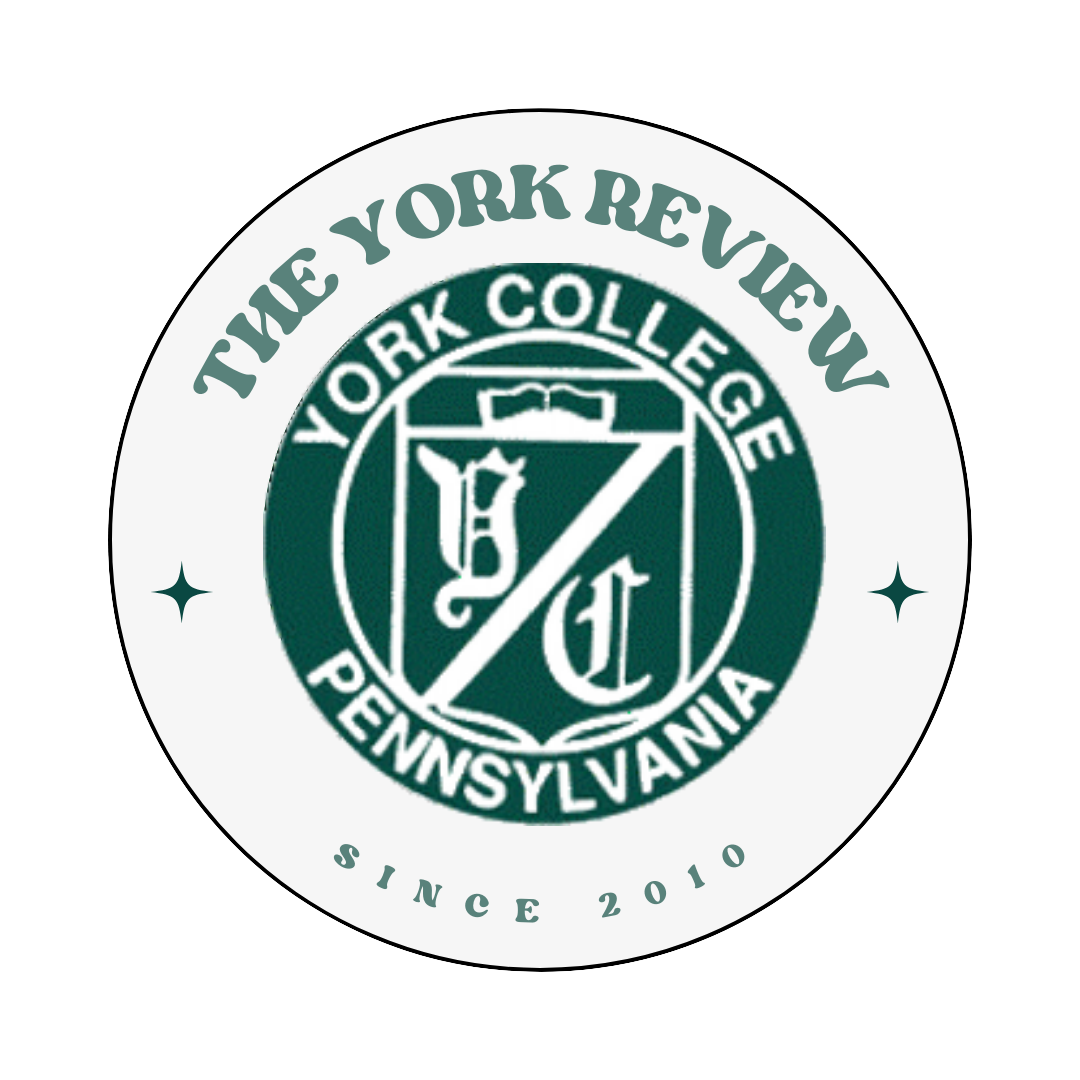A Screaming Good Time
Scream (1996) is a revolutionary landmark in the terms of filmmaking for many different reasons; it set a new precedent for all horror and teen movies from that day forward. Gone were the days of the stereotypical man chasing woman with a knife; now there was man chasing woman with a knife, but it’s okay because it’s ironic. Scream really did a number on a huge amount of aspiring filmmakers who went on to create future B-rated horror movies. They were inspired by the way that Scream was able to subvert audience expectations and play up a cheesy horror movie plot in a really fascinating way. Unfortunately, Scream did exactly what it didn’t want to do and ended up creating a whole new stereotype vibe for future horror movies. And those vibes aren’t fresh.
Today, we are going to take a nosedive into one of my personal favorite things, which are tropes. There are tropes everywhere and maybe it’s because I’m super analytical and have high anxiety and am constantly aware of everything, or maybe it’s because I’m an English major. But I sure do love me some tropes. There’s nothing better than getting to the part where Chekov’s gun actually goes off. That bang is what drives home the entire thing about tropes. The tropes seen within Scream are so classically cheesy that the cling wrap is still falling off of them. We are going to focus on the two most popularly seen tropes in horror movies and see how Scream does it.
There was no breakage of the fourth wall before Scream came out in its heyday of Wes Craven classics. Movies stuck to the script and made little nods towards the outside viewing audience members. But Scream hit the ball out of the park with a home run in every possible way of fourth-wall breakage. Subtle callbacks throughout the film, referencing other classic horror movies, and the entire audience and genre itself really proved that the people behind Scream knew what they were doing and how to do it effectively. The beginning of the film starts with the killer(s) calling an unsuspecting teenage girl and asking her what her favorite scary movie is. References to Friday the 13th, Halloween, and even Psycho make some of the best scenes within the film itself. The entire movie is set up like a damn cliche out of a horror movie from the 80's so, of course, there will be fourth wall breaks. Randy, the stereotypical nerd of the movie, proves to be useful in the sense that he comes up with a set of three rules that are supposed to allow you to save yourself in a horror movie. Of these including whether or not you can have sex and a death-ensuing phrase one must never say in a horror movie. These rules themselves just prove that Scream is able to take a look at horror movies and actually scrutinize them while doing the entire cliche a 100x better.
The other thing that happens within what seems like all horror movies is the idea of “red herring” for the killer; that is to say, there always seems to be a twist on whodunnit. If you have seen Scream then you know there is no shock in 90’s horror movies more refreshing than when it’s revealed that Ghostface is actually two killers, Stu and Billy. This gives a whole other look onto the movie as for the first 2/3rds of it the audience was left to wonder why it seemed like the killer was getting quickly around the house and how they knew exactly what to do and when to do it. Well, it makes it a heck of a lot easier to perform a killing spree if you have a pal by your side. A lot of cheaper horror movies will lean too close into the idea that the killer has supernatural powers, but nothing beats good old fashioned teenage psychopaths. Twists in movies are supposed to make the audience go, “Wow, I totally saw that and I feel good about myself because I was able to make educated guesses towards where the film was headed” rather than “Wow, I did not see the coming, except maybe if I squinted my head and turned to the left, but okay that seems plausible in one sense?”
In many ways, Scream is a feat in and of itself because not only does it point out to the audience the things that seem to present themselves in all horror movies up until the 80’s, but it also does every single one of those stereotypes except better and dunks on all other movies at this time. This holiday season, watch a classic. Watch Scream.
